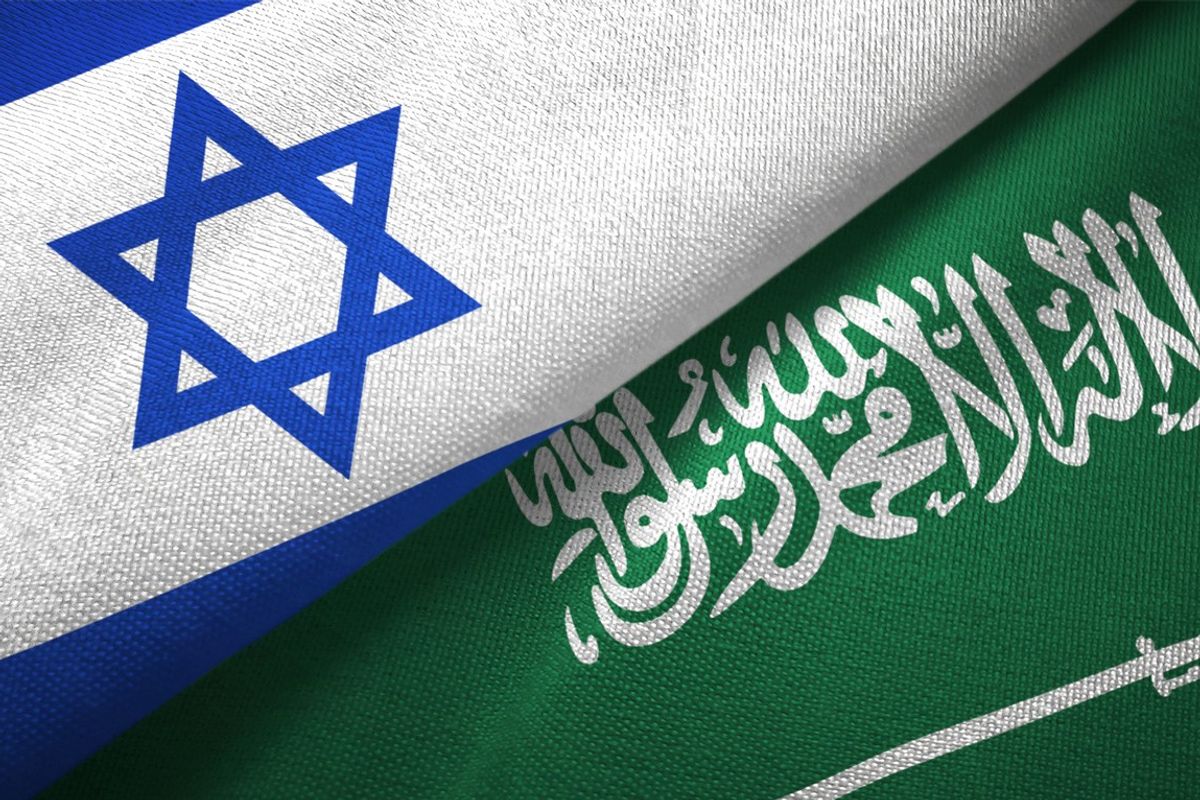Bottom Line Up Front
- The U.S. Treasury Department recently imposed sanctions on the Rawi terrorist financing network, which helped move funds for the so-called Islamic State.
- The network was truly global in nature; headquartered in Iraq, it had connections that spanned the Middle East, Africa, and Europe.
- Even without territory, IS will continue to finance its organization by maintaining a robust war chest as it stores, transfers, and launders its funds.
- Intelligence secured from raids conducted against Islamic State militants helped disrupt the Rawi network, highlighting how critical keeping even a small footprint of American military presence in Iraq and Syria is for the fight against a full resurgence of IS.
The U.S. Treasury Department recently imposed sanctions on the Rawi terrorist financing network, which helped move funds for the so-called Islamic State (IS). Mushtaq Talib Zughayr al-Rawi was identified as the ringleader of the network, although Treasury also sanctioned six other individuals and a money services business, the Al-Ard Al-Jadidah Money Exchange Co., that were moving money for IS. Several of al-Rawi’s family members were also part of the designations. Al-Rawi was responsible for resuscitating a prominent money laundering network that was active during Saddam Hussein’s reign, particularly as he sought to evade sanctions throughout the 1990s, relying on traditional money laundering techniques to include cash smuggling. The individuals were designated pursuant to Executive Order 13224, first issued by the Bush administration in response to the attacks of September 11, 2001, for providing support to terrorist groups or acts of terrorism. The designations were announced to coincide with the eleventh meeting of the Counter-ISIS Finance Group (CIFG), a coalition of over fifty countries committed to countering the ability of IS to finance its organization and operations.
The Rawi network was truly global in nature; headquartered in Iraq, it had connections that spanned the Middle East, Africa, and Europe. Indeed, Mushtaq himself was based in Belgium, after moving there with his family in 2018, but still ran money exchange shops in Iraq, Syria, Turkey, Sudan and the Gulf region. Many are now questioning how he was able to operate undetected right in the heart of Europe. One of the individuals designated is a Kenyan woman placed on the sanctions list for facilitating transactions in Central Africa, Syria, and Libya. Turkey was the central node common across the network and one country likely to factor prominently into the future of IS financing due to a combination of variables, including: proximity to the conflict zone, connections to the global economy, and an infrastructure suitable to facilitate communications and transportation. While some failed or collapsed states like Somalia, Yemen, and Afghanistan have provided militants with the sanctuary necessary to plan and plot attacks, more developed countries like Turkey provide other benefits to transnational terrorist networks.
Even without territory, IS will continue to finance its organization while relying on a robust war chest as it stores, transfers, and launders its funds. The group has reportedly invested tens of millions of dollars in legitimate businesses throughout the region and could have access to several hundred million dollars in Western and Iraqi currency and gold. The Islamic State has already resurged in Kirkuk and Hawija in Iraq, and al-Kawm in Syria. By reverting to mafia-style activities including extortion and robbery, IS will be able to raise enough money to continue a low-level insurgency for the foreseeable future. Another concern is that IS will find ways to profit from any eventual reconstruction efforts in Iraq and Syria, primarily through extortion and coercion, much as it did in its earlier iterations.
Intelligence secured from raids conducted against Islamic State militants helped disrupt the network, highlighting how critical keeping even a small footprint of American military presence in Iraq and Syria is for the fight against a full resurgence of IS. Following raids by U.S. and other Western special operations forces, ‘pocket litter’ in the form of cell phones, thumb drives, and other pertinent data, is secured, some of which can be extremely valuable. This intelligence feeds into a broader threat landscape and can often help identify the roles of top-ranking militants and locate key facilitators in terrorist networks. A reduced U.S. footprint in Syria will provide fewer opportunities to collect, process, exploit, and disseminate critical intelligence related to IS as the group seeks to reorganize. The Rawi network is the archetype example of a network that will be crucial to IS’s endurance and ability to move funds from what remains of the core in Iraq and Syria to affiliates abroad. As the fight against IS moves into the next phase, the group will need to remain part of a global network of financiers and facilitators to fund activities and operations.










